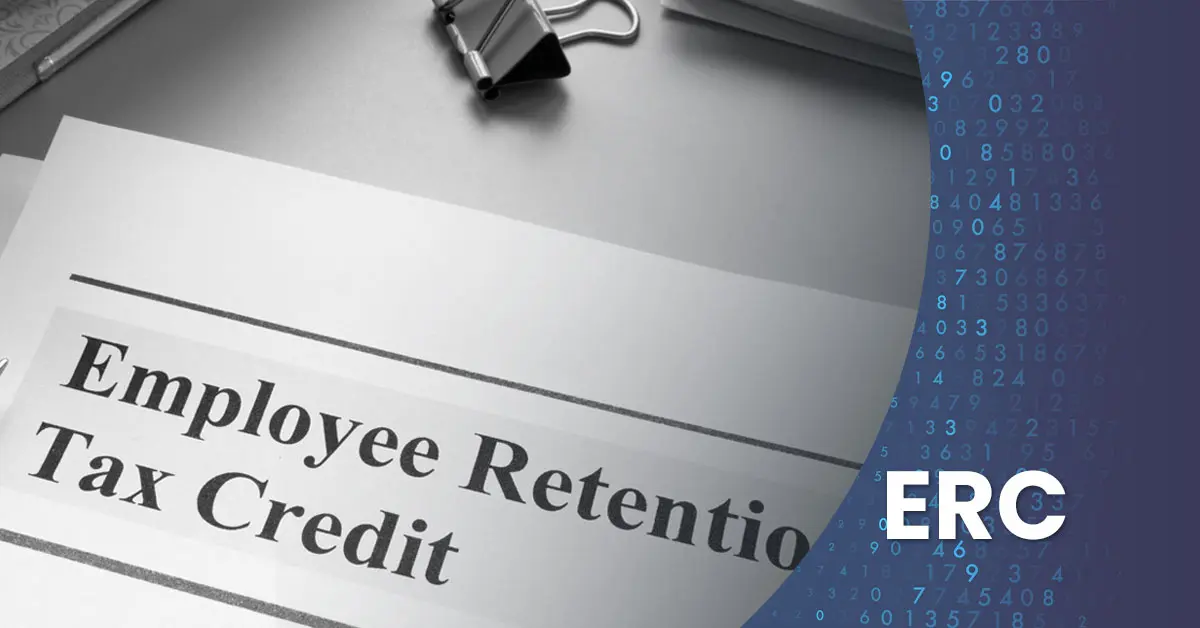By Wiss Advisory Associate
If your company works with nonemployee service providers “in the course of business,” you may be subject to 1099 reporting requirements. Failing to file these forms may result in penalties, so here’s what you need to know to keep your business in compliance.
1099 reporting requirements
You’re required to send 1099-MISC forms to vendors when payments to them total $600 or more during the calendar year for:
- Services performed for your business by someone who’s not an employee (such as independent contractors)
- Medical and health care payments
- Payments to attorneys
- Rent (paid to landlord)
- Royalties exceeding $10
- Prizes and awards
Service providers use 1099 forms to report miscellaneous income when filing their taxes. If you fail to issue them a 1099-MISC, the IRS can’t verify this income, and you may be penalized.
Exceptions to 1099 reporting
You do not need to fill out a 1099-MISC for:
- Payments made to corporations, including an LLC treated as a C or S corporation. However, nonpersonal payments to attorneys or medical companies must always be reported on a 1099, regardless of corporate structure.
- Payments for products, merchandise, telephone, freight, storage and similar items.
- Rent (paid to real estate agents)
- Wages (or business travel allowances) paid to employees
- Payments to tax-exempt organizations
- Payments made via credit card or PayPal
When in doubt, if you’re not sure whether a vendor requires a 1099, it’s best practice to file the form. Typically, the 1099-MISC form must be completed and sent to vendors by the end of January in the following year after which the service was provided. The forms must then be submitted to the IRS by the end of February via mail, or the end of March if sent electronically. For more information on requirements and exceptions, the link to the IRS website below provides more details on the topic.
Simplifying your 1099 reporting process
You don’t have to wait until right before the deadline to start the 1099 reporting process. There are ways to easily avoid last-minute hassles by following these tips.
- Require new vendors to fill out a W-9 before processing their first payment, instead of chasing down vendors at the end of the year to collect addresses and identification numbers (EIN or SSN). You are responsible for obtaining the W-9 from the vendor and remitting the 1099 form at the end of the year. If you determine that you have not been compliant with your 1099 reporting in prior years, reach out as soon as possible to those vendors for their W-9s.
- Leverage the 1099 reporting option in your accounting software. Simply check a box for each vendor that requires a 1099, and you can easily generate a report at the end of the year instead of sifting through each vendor individually.
- Regularly clean your vendor list by scanning for duplicate vendors, deactivating contractors you’re no longer using and verifying information against recent W-9 forms.
- Sign up for TIN matching through the IRS. This service lets authorized payers double check 1099 payee information against data on file with the IRS, allowing you to discover and resolve any discrepancies in the information received on the W-9 from what the IRS has prior to the 1099 reporting period. This will prevent you from sending out 1099 forms with incorrect information, which could result in notices from the IRS.
By following the tips above, you will be able to effectively manage your 1099 information throughout the year, eliminating headaches later on during an already hectic time of the year.
As Advisory Supervisor at Wiss & Company LLP, Felice Rudolph supports the activities of two advisory groups. Contact Felice at [email protected] or 973.994.9400.

 Previous
Previous





